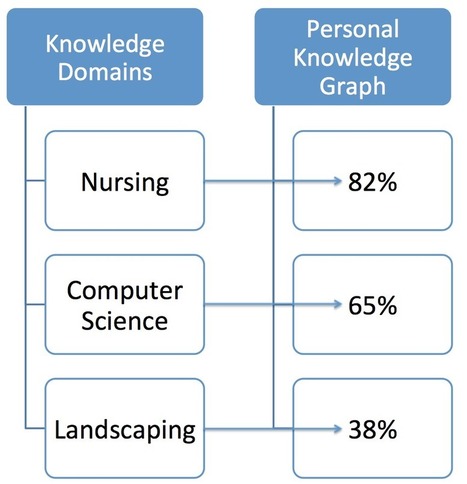Marc Bousquet on what has become known as xMOOCs (bad) and cMOOCs (good) and on how xMOOCs may make their money, for somehow they need to come up with a return on the investments made by venture capitalists. Candidates are: charging for assessment, vending tutorial services, direct tuition for certain courses, advertising. The upshot is, although not put in that way, beware!, what looks like a good deal may turn sour in the end. Administrators shlould realize this but don't: "If institutions really wanted to sustain participatory learning [in cMOOCs], they would already be doing so, for instance, by reducing lectures and high-stakes testing, investing in teaching-intensive faculty and the like. Instead, driven less by cost concerns than a desire to standardize and control both faculty and curriculum, administrations rely more than ever on lectures and tests [xMOOCs]". (peter sloep)
Via
Peter B. Sloep



 Your new post is loading...
Your new post is loading...























